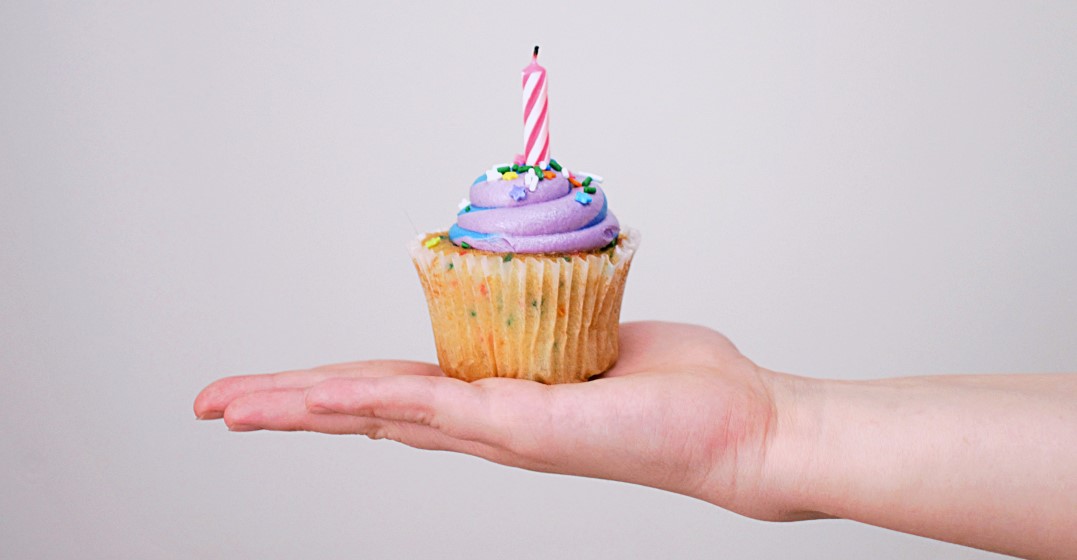How to say ‘Happy Birthday!’ in 9 different languages
Published on October 13, 2020 / Updated on January 9, 2024
Birthdays are a special occasion that brings friends and family together to celebrate another trip around the sun. While blowing out candles and eating cake are common practices, it’s also fun to learn how to wish someone a happy birthday in different languages. The world is full of diverse cultures and languages, each with its unique way of expressing birthday greetings. In this article, we will explore how to say “Happy Birthday” in 10 different languages, adding an extra touch of international flair to your celebratory messages. So get ready to impress your loved ones with your language skills and make their special day even more extraordinary!
Birthdays are a special occasion in most countries, so why not kick off our journey from the land of pastries. France is no exception when it comes to celebrating anniversaries (birthdays) and if in French land or in the company of French friends, surprise them with the heartfelt wish Joyeux (or Bon) anniversaire ! Either options are correct, so regardless of your choice, it will definitely be appreciated. Usually, adults bring to their workplace a sweet breakfast for their colleagues – entailing buttery croissants and pains au chocolat.
Feliz Cumpleaños is how you wish ‘happy birthday’ in Spanish. Beware, though, that in the Happy Birthday song the order switches and you will sing ‘Cumpleaños Feliz!‘ In Spanish-speaking Latin American countries, a girl’s fifteenth birthday (Quinceañera) is the most important, similar to the American ‘Sweet Sixteen’. The word Quinceañera refers to the girl being celebrated, but it’s used in the US to talk about the party itself. A Quinceañera party often starts with a mass in church before moving on to a huge party with dancing, cake and toasts.
Alles Gute zum Geburtstag is what you say to wish someone a happy birthday in Germany. The German Happy Birthday song is Zum Geburtstag viel Glück, sung to the same tune as the English one. In Germany, celebrating your birthday early is traditionally considered bad luck, so it’s much better to do it late.
In the most famous boot of the world, birthdays are a big deal too. There are two ways to wish your friends or loved ones a great day: Buon compleanno! (literally happy birthday) or Tanti auguri! (many wishes). As kids, parents will usually organize a birthday party, inviting friends and family to join the celebration.
Fun fact: Up until teenage years, it is tradition to pull one’s years as many times as the years the person celebrates.
Flying over the Atlantic, we reach the lush country of Brazil. Here to wish your friends and family ‘happy birthday’ you will say Feliz aniversário! And prepare to salivate with some delicious Brigadeiro, a sweet Brazilian truffle typically served during birthdays and other celebrations. Finally, it wouldn’t be a birthday without the traditional song, which, in Brazil, has a second part to sing along to!
Romania, like other Eastern European countries, doesn’t focus all the celebrations on the birthday itself. Parties with friends and family, blowing candles on a cake and singing the ‘happy birthday’ song are still part of Romanian traditions, however, name day also has a special importance and you will be celebrating it. Still, don’t forget to wish your friends la multi ani!
In Polish, the full birthday greeting is wszystkiego najlepszego! If you’re with someone you know well, you can say sto lat which means 100 years, so it’s a wish for that person to have a long life. As in Romania, older Polish people often celebrate their name day instead of their birthday: which coincides with the saint they are named after. The most famous one is Andrzejki – or St. Andrew’s Day – which is celebrated with huge parties on 29 – 30th November.
To wrap up the traditions of some countries in Eastern Europe, enter Hungary. Here most of the traditions follow similar patterns to those of many countries in the world. However, the person being celebrated, even though they are throwing a party themselves, is not expected to pay for the birthday cake. This treat is for friends and family. In Hungary too, name days are not overlooked. On the contrary, they are smaller versions of birthday parties. Oh, and remember to wish your friend Boldog szülinapot!
Birthdays in Japan are not as important as they are in the West. Until 1950, people didn’t celebrate their individual birthdays at all – New Year’s Day was considered a birthday for all citizens. People aren’t expected to organize their own birthdays in Japan – your friends should invite you out and pay for you! This is a tradition I like the sound of. The twentieth birthday is the big one in Japan – at the age of 20 people can vote and drink alcohol.
Birthdays by definition are special occasions and what better way of surprising your friends and loved ones not only with an unexpected party and a tasty cake, but with a perfectly pronounced wish in their native language! I am positive that’s a gift worth much more than anything else.
